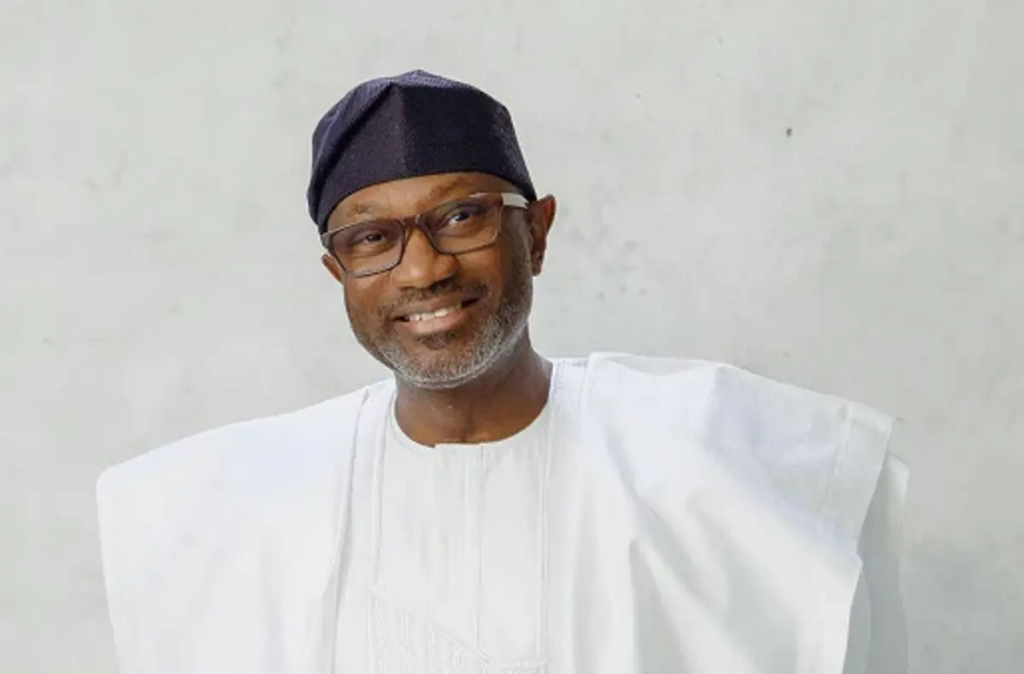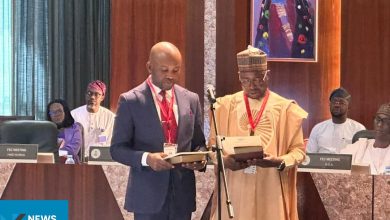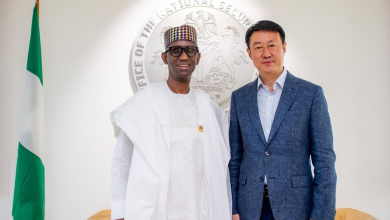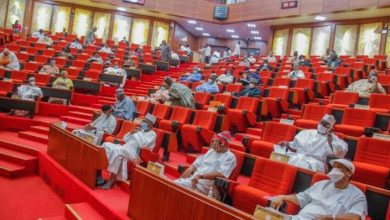Otedola Praises Dangote Refinery, Urges DAPPMAN to Embrace Change
Femi Otedola praises Aliko Dangote’s refinery as a milestone for Nigeria’s energy independence and reform.
He urges depot owners to adapt, warning outdated models and subsidy demands threaten consumer welfare.
Billionaire businessman Femi Otedola has applauded Aliko Dangote for the strides made since his refinery began operations, calling it a milestone in Nigeria’s quest for energy independence and economic transformation. In a detailed statement on recent developments in the downstream oil and gas sector, Otedola argued that entrenched interests can delay change but cannot stop it.

He recalled founding the Depot and Petroleum Products Marketers Association of Nigeria (DAPPMAN) in 2002 to break the dominance of major marketers and provide independent depot owners with a level playing field. According to him, while the group filled critical supply gaps in an inefficient market at the time, the landscape has shifted dramatically. Many original players have left, he noted, and those remaining are holding on to outdated assets despite the availability of over four million metric tons of largely unused storage capacity nationwide.
Otedola highlighted that the Dangote Refinery has fundamentally altered Nigeria’s fuel supply model by providing local production and reducing dependence on imports. He pointed out that Zenon Oil, under his leadership, pioneered the modern diesel trade by investing in depots when the market was import-driven. Today, he said, those gaps no longer exist, with domestic production now more reliable and efficient. He also credited the refinery with easing gridlock around the Apapa axis and modernizing logistics with thousands of new eco-friendly trucks.
In his statement, Otedola questioned the rationale behind DAPPMAN’s current demands, including calls for a ₦1.5 trillion subsidy from Dangote Refinery, warning that passing such costs on to consumers would be unacceptable. He said depots employ very few people compared to filling stations, and urged members to pivot toward retail outlets and last-mile distribution rather than relying on storage tanks built for a fuel-import economy.
Drawing comparisons with the cement sector, Otedola said once local production took off, bulk carriers that used to import cement became redundant. He predicted the same outcome for fuel depots unless stakeholders adapt. He advised depot owners to consider selling, restructuring, or investing in new value chains, and even suggested they could collaborate to acquire the Port Harcourt Refinery to prove their competitiveness.
Otedola also credited President Bola Tinubu for implementing full deregulation of the downstream sector, saying the reform ended decades of rent-seeking, subsidy abuse and smuggling, and opened the door to transparency and competition. He revealed that more than ₦2 trillion was fraudulently claimed under fuel subsidies during the Goodluck Jonathan administration, noting that he personally warned the former president about the risks posed by unscrupulous marketers.
Concluding his statement, Otedola stressed that Aliko Dangote’s refinery represents a solution rather than a threat, and that Nigeria must embrace self-sufficiency, transparency and sustainable value creation rather than clinging to obsolete privileges.



